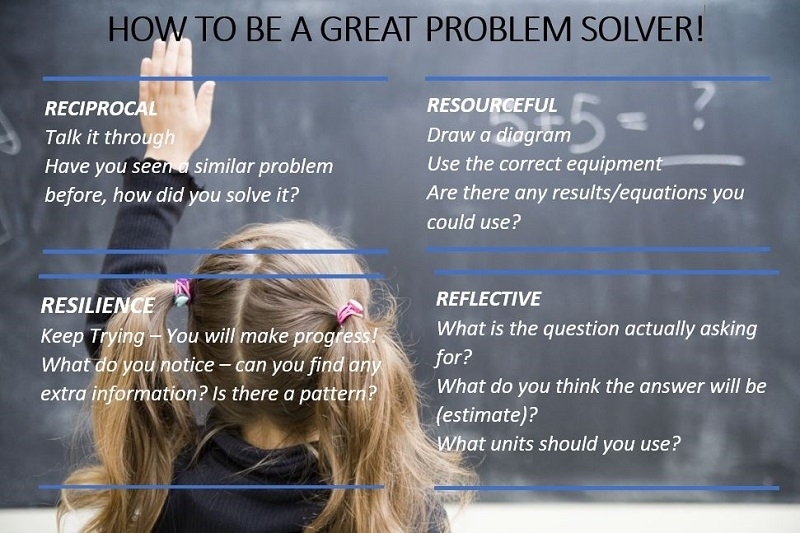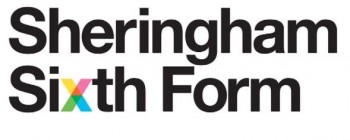Syllabus:
At Sheringham High School we follow the Pearson progress scheme. This scheme forms a continuous link from the introduction of topics in year 7 to the rigours of exam questions at GCSE. The syllabus supports student learning with real life scenarios and STEM links.
The Progress scheme covers the same areas of Maths tested at GCSE: Number; Algebra; Ratio, Proportion and Rates of Change; Geometry and Measures; Statistics and Probability. Each topic has an individual progression map meaning that topics are revisited every year with a new aspect of challenge added, allowing the students to revise and extend their knowledge. This approach has allowed us to create a highly differentiated curriculum to ensure student progress in every lesson.
Our lessons prioritise Functional Skills problems which introduce Mathematical principles within the context of real life. While year 11 may seem a long way off in year 7, the structure of the syllabus means that every lesson contributes to the skills needed at GCSE.
Assessment
Our students are set from the first lesson in Year 7 based on the Key Stage 2 SATs data. We quickly retest students in September to ensure that we have placed them in the appropriate teaching set.
At the end of each half term students are set an assessment based on the topics covered in the preceding weeks. The scheme of work in students’ orange books detail the topics that will be assessed in addition to our SHS connected question which test a previously seen topic or skill.
These tests are assessed by staff using the RAS policy to identify areas for development.
Mathswatch
We subscribe to Mathswatch, a site which gives students access to instructional clips and additional questions. Homework can be set from the worksheets on this site. (http://www.vle.mathswatch.com/)
Our staff—the Maths team are friendly, experienced professionals who can be contacted by email if extra information or support is needed.
Mathematics, rightly viewed, possesses not only truth, but supreme beauty -- a beauty cold and austere, like that of sculpture, without appeal to any part of our weaker nature, without the gorgeous trappings of painting or music, yet sublimely pure, and capable of a stern perfection such as only the greatest art can show. - Bertrand Russell (1872-1970), The Study of Mathematics









